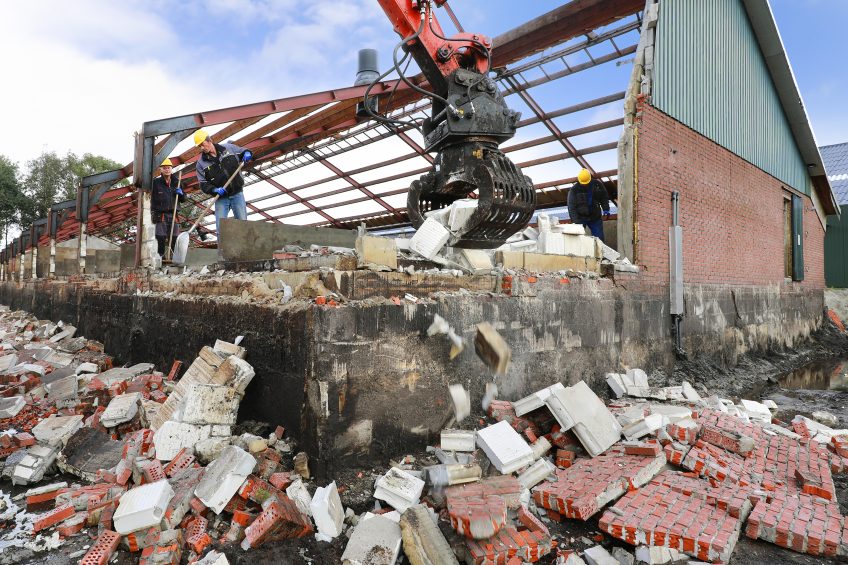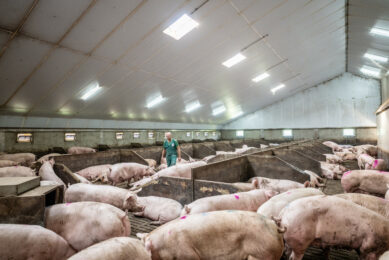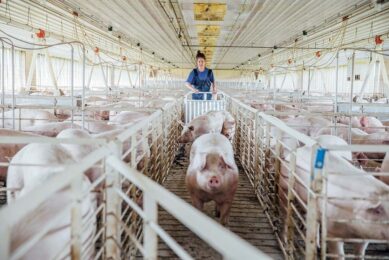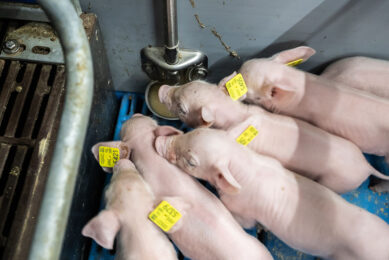Rabobank: The Netherlands will lose many pig producers

Pig farming in the Netherlands is about to change profoundly, according Rabobank in a report casting a look into the future. The majority of the swine farmers is likely to stop in the next few years.
Currently, the Netherlands has about 4,300 farms active in the swine business, but according to a new report by the bank in 2030 this will be reduced to about 1,000 farms, which will have more than 1 location. In other words, the bank expects 3,500 mostly family farms to shut up shop – the majority most probably even within the next 5 years.
No future perspective for pig producers
There is a huge difference between income between several swine producers. For a part of the producers there is no perspective for the future, and the bank sums up a series of reasons as to why the sector will change rapidly in the years to come:
• Expansion is difficult, leading to cost price increases after investments;
• Stricter environmental regulations in the main pig producing province North-Brabant.
• The end of a regulation (2020) which allowed producers to continue to stay in business without investing in the best possible techniques to reduce ammonia emission;
• Insufficient revenue;
• The lack of successors; about 60-70% of all pig producers is over 50 years.
Number of pigs will be decreasing
The number of pigs will also be decreasing, according to the bank. The Netherlands authorities are working on a ‘warm reconstruction’ of the swine business, which will gradually allow pig producers to go out of business. It is expected that the government will purchase about 5% of pig producing rights.

What does swine production in the Netherlands look like?
According to estimates, the Netherlands will reduce its production by 1.8 million piglets and also by 1 million finisher pigs. The size of the reduction will be dependent on the conditions of this ‘warm reconstruction’ as well as the contribution of provinces in the demolition of pig houses.
Opportunities for swine farmers remaining in business
For those pig producers who will stay in business, there will be new opportunities, according to Rabobank, if only because worldwide, the demand to pork will continue to grow. What counts for these swine producers is that a closer cooperation with both feed producers as well as meatpackers will be necessary for the Netherlands to retain its prominent role on the global market.
Necessity for new products
A so-called ‘chain’ approach is more than needed, according to the bank. Consumers will continue to have higher demands for pork and request to know where and how it has been produced. Due to the growing diversity of the demand to pork, it will be necessary for the pig business to continue to launch novel, specific products for a certain niche market somewhere on the planet. This is necessary, also to keep the business profitable, Rabobank stated.
The society is forcing the pig industry to change, Rabobank said. Societal pressure on paying attention to things like animal welfare, emissions, public health and transparency is growing. As the Netherlands is one of the major and most influential pig industries worldwide, it is a relevant development to keep an eye on for the rest of the world.











